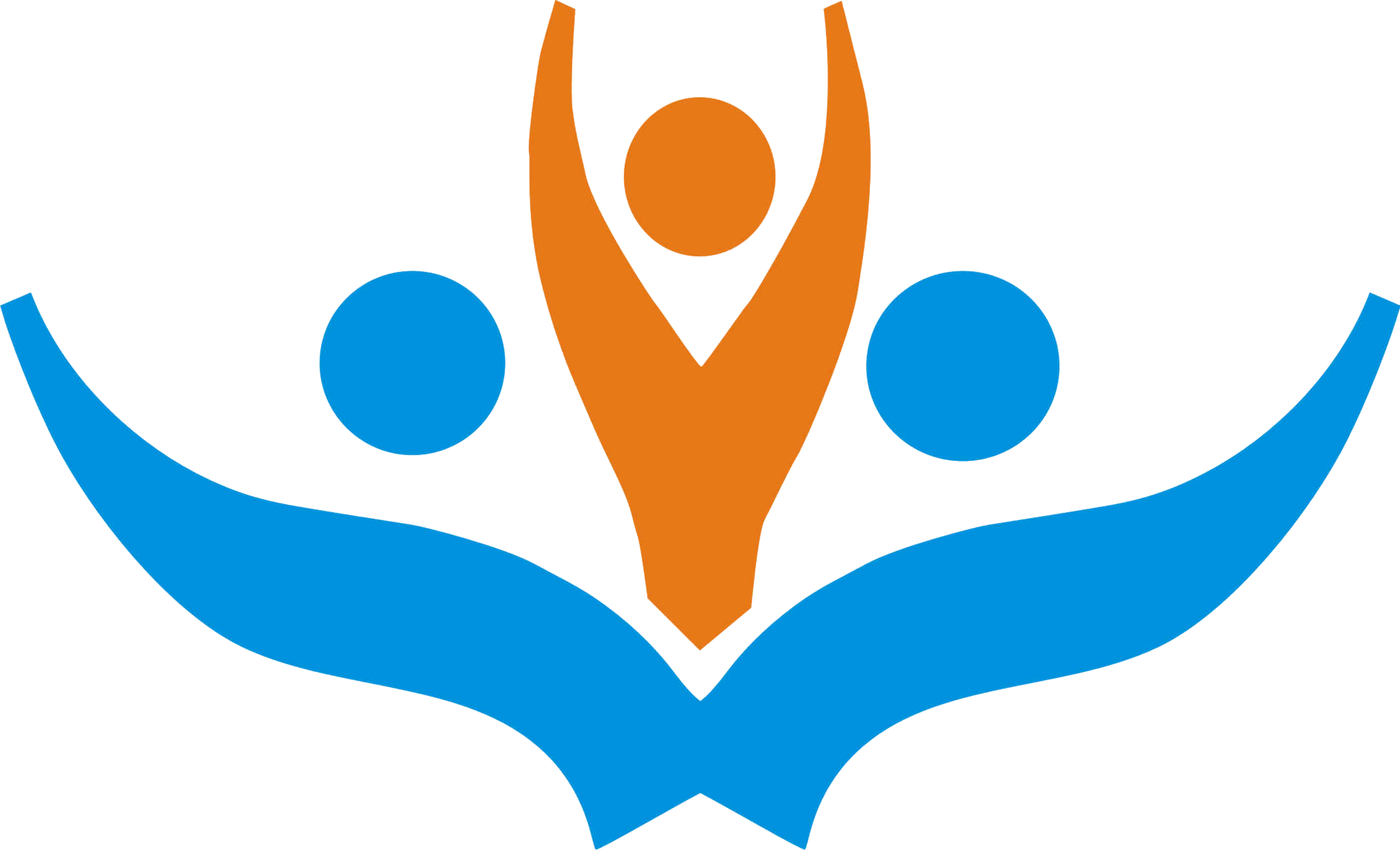
Exploring the World of Virtual Autism
Autism Spectrum Disorder (ASD) is a neurodevelopmental disorder that affects communication, social interaction and behavior. While ASD can be diagnosed as early as 18 months, it can be challenging to detect in young children, especially during the pandemic when many families are isolated and not able to anticipate in typical activities that might reveal differences in development.
Virtual Autism is a condition that is believed to develop when young children, below the age of three, are exposed to excessive screen time.
With the ongoing pandemic and increasing reliance on virtual communication and interaction, there has been a growing concern about virtual autism in toddlers, or the potential impact of virtual communication on early signs of autism. Here are some key points to consider:
• Limited Observation: The primary diagnostic tool for ASD is observation of a child’s social interaction and play. Remote interactions may not provide enough opportunities to observe these critical behaviors, leading to a missed or delayed diagnosis.
• Lack of In-person Evaluation: During an in-person evaluation, healthcare professionals can use physical touch and other techniques to engage with a child and assess their sensory processing. These evaluations may be challenging to replicate virtually.
• Communication Difficulties: Many children with ASD have difficulty with verbal and nonverbal communication, making it challenging to interact with healthcare professionals virtually. Video calls may also be overwhelming and overstimulating for some children with ASD, leading to a lack of engagement and accurate assessment.
• Technology Limitations: Technical issues such as poor internet connection, camera quality and sound quality can interfere with virtual assessments and affect the accuracy of the diagnosis.
What Parents Can Do:
• Communicate with Healthcare Professionals: Parents should communicate their concerns with healthcare professionals and work together to determine the best course of action. Healthcare professionals may recommend in-person evaluations, virtual assessments or a combination of both.
• Be Prepared for Virtual Assessments: Parents can help prepare their child for virtual assessments by practicing video calls and social interactions. Providing a quiet and familiar space for the call can also help reduce overstimulation.
• Monitor Developmental Milestones: Parents should continue to monitor their child’s developmental milestones and communicate any concerns with healthcare professionals. Early intervention is crucial in treating ASD, so prompt evaluation and treatment are essential.
• Seek In-Person Evaluation When Possible: In-person evaluations may provide a more accurate assessment of a child’s autism or other developmental delays. While virtual communication may pose challenges, early in-person intervention is still critical for promoting positive developmental outcomes for toddlers with autism.
In conclusion, virtual communication has presented new challenges for the recognition and intervention of autism in toddlers. While it may be more difficult to assess and address early signs of autism virtually, it is still important to monitor developmental progress and seek professional evaluation if there are concerns. With the right support and intervention, toddlers with autism can continue to thrive and reach their full potential.
Chetna Foundation provides adequate care and support tailored for each individual on the autism spectrum. Our properly designed program at an early age can help transform the lives of children with ASD and their families.
| Tweet |





